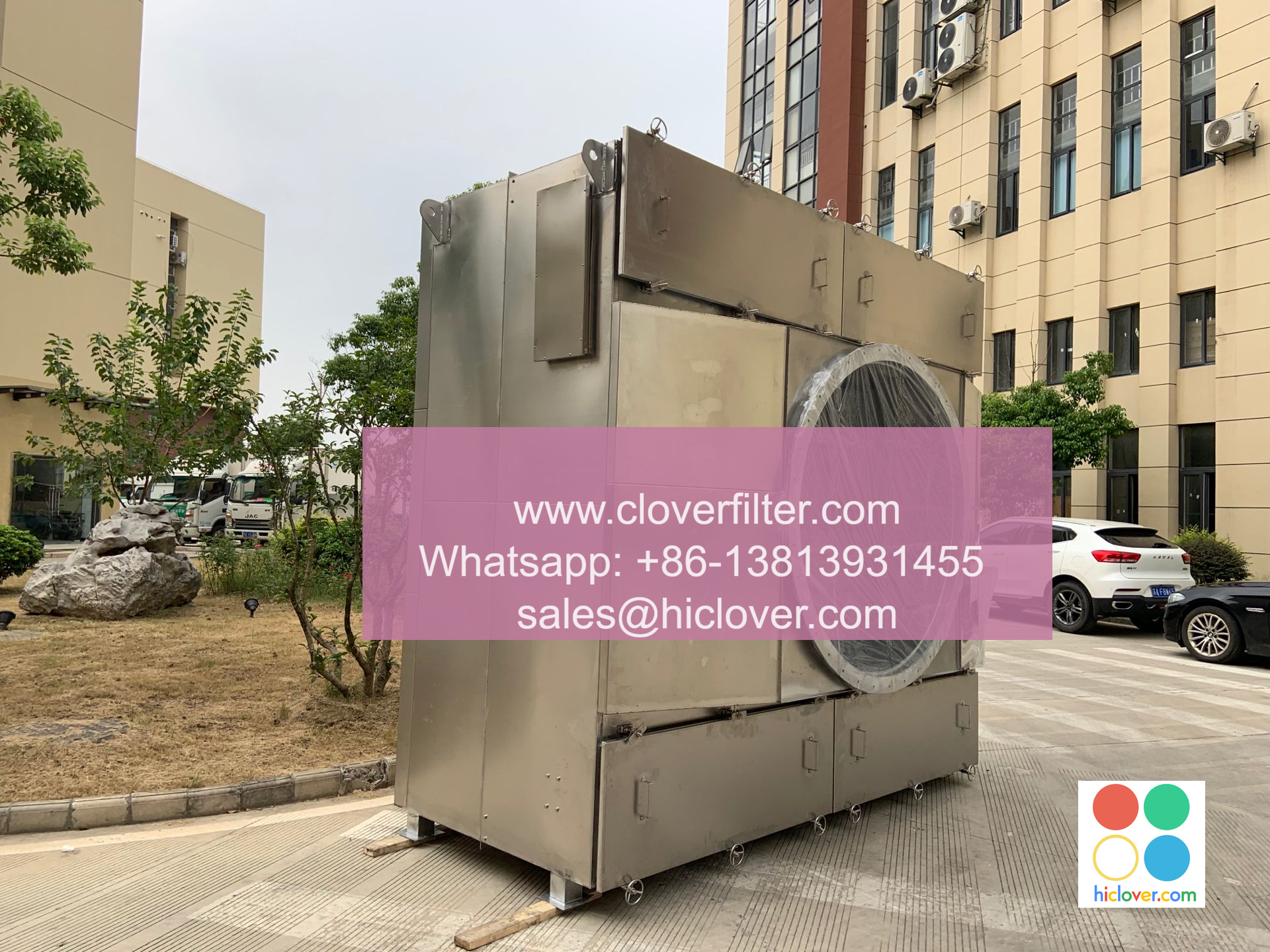Air Filter Maintenance: A Guide for Your Medical Office

Proper air filter maintenance is crucial for any medical office, as it plays a vital role in indoor air quality control and infection prevention and control. A well-maintained air filtration system helps to remove airborne pathogens, allergens, and other contaminants from the air, creating a healthy indoor environment for patients, staff, and visitors. In this article, we will highlight the importance of air filter maintenance, discuss the different types of air filtration systems, and provide a step-by-step guide on how to maintain your medical office’s air filters.
Why Air Filter Maintenance is Important
Air filter maintenance is essential for several reasons:
* Air quality improvement: Regular air filter maintenance ensures that the air in your medical office is clean and free from contaminants, which can help to reduce the spread of airborne diseases and improve indoor air quality.
* Compliance with regulations: Many medical offices are required to comply with regulations and guidelines set by organizations such as the Centers for Disease Control and Prevention (CDC) and the Occupational Safety and Health Administration (OSHA), which emphasize the importance of proper air filter maintenance.
* Equipment longevity: Regular air filter maintenance can help to extend the life of your heating, ventilation, and air conditioning (HVAC) system and other equipment, reducing the need for costly repairs and replacements.
Types of Air Filtration Systems
There are several types of air filtration systems used in medical offices, including:
* HEPA filters: High-efficiency particulate air (HEPA) filters are designed to capture 99.97% of particles as small as 0.3 microns, making them an effective choice for infection control and allergy prevention.
* Activated carbon filters: These filters use activated carbon to remove gases, odors, and chemicals from the air, making them a good choice for medical offices with chemical or pharmaceutical storage.
* UV air purifiers: Ultraviolet (UV) air purifiers use UV light to kill bacteria, viruses, and other microorganisms, making them a popular choice for medical offices with high infection control requirements.
Step-by-Step Guide to Air Filter Maintenance
To ensure that your medical office’s air filters are properly maintained, follow these steps:
1. Check the manufacturer’s instructions: Before performing any maintenance tasks, check the manufacturer’s instructions for specific recommendations on how to maintain your air filtration system.
2. Inspect the air filters: Regularly inspect the air filters for signs of wear and tear, such as dirt, dust, and moisture.
3. Replace the air filters: Replace the air filters according to the manufacturer’s recommendations or as needed.
4. Clean the air filter housing: Clean the air filter housing and surrounding areas to prevent the buildup of dirt and debris.
5. Check the HVAC system: Regularly check the HVAC system to ensure that it is functioning properly and not causing any issues with the air filtration system.
Application Areas for Air Filter Maintenance
Proper air filter maintenance is essential in various application areas, including:
* Medical offices: Air filter maintenance is crucial in medical offices to prevent the spread of airborne diseases and improve indoor air quality.
* Hospitals: Hospitals require advanced air filtration systems to maintain a sterile environment and prevent the spread of nosocomial infections.
* Clinics: Clinics require regular air filter maintenance to ensure a healthy indoor environment for patients and staff.
* Pharmacies: Pharmacies require air filter maintenance to prevent the contamination of pharmaceuticals and maintain a clean environment for patients.
By following the guidelines outlined in this article, you can ensure that your medical office’s air filters are properly maintained, providing a healthy indoor environment for patients, staff, and visitors. Remember to always follow the manufacturer’s instructions and take a proactive approach to air filter maintenance to prevent the spread of airborne diseases and improve indoor air quality. Prompt

